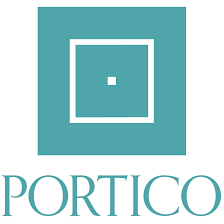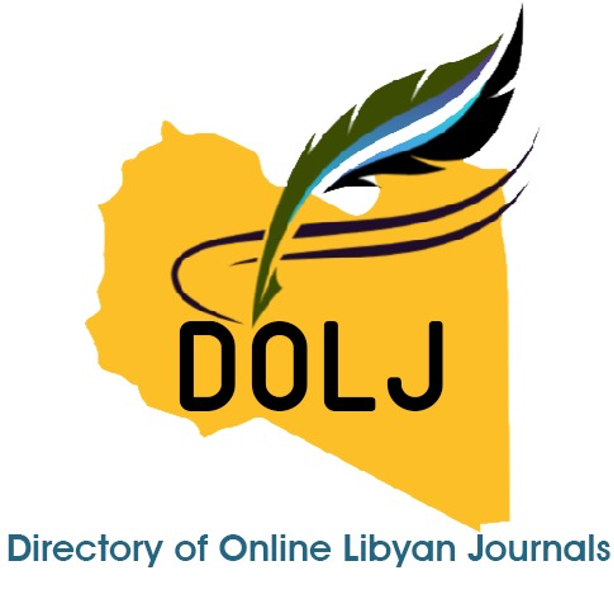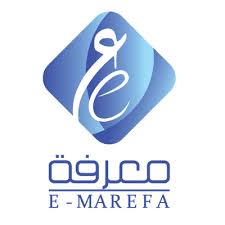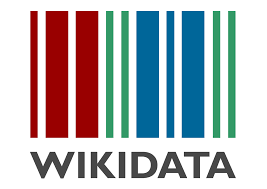Submissions
Submission Preparation Checklist
As part of the submission process, authors are required to check off their submission's compliance with all of the following items, and submissions may be returned to authors that do not adhere to these guidelines.- The submission has not been previously published, nor is it before another journal for consideration (or an explanation has been provided in Comments to the Editor).
- The submission file is in OpenOffice, Microsoft Word, or RTF document file format.
- Where available, URLs for the references have been provided.
- The text adheres to the stylistic and bibliographic requirements outlined in the Author Guidelines.
- I declare that I have not used any artificial intelligence tools in generating, producing, or analyzing the research data or results.
- I declare that I have not used any artificial intelligence tools to fully write the discussion or the conclusions, and that all parts of the manuscript - including the introduction, literature review, methodology, and conclusion - were written and reviewed entirely by human effort without full reliance on AI tools.
- I take full responsibility for any content that may have been generated or modified with the assistance of artificial intelligence tools, if such tools were used in a limited and supervised manner
Articles
Section default policy
Social and Behavioral Psychology
This section is dedicated to publishing scholarly research addressing human psychological and social dimensions. It includes theoretical and applied psychology, individual and community mental health, and behavioral and social interactions in diverse contexts. The section welcomes both quantitative and qualitative studies that advance scientific understanding in these fields.
Language and Literary Studies
This section publishes specialized research in languages and literatures without restriction to specific languages. It encompasses theoretical and applied linguistics, literary criticism, discourse analysis, comparative literature, translation, and language teaching. The section encourages multilingual studies and modern methodological approaches that advance the understanding of language as a cultural and communicative system.
Historical, Geographical, and Heritage Studies
This section focuses on studies concerning human history and spatial analysis, covering history, geography, Geographic Information Systems (GIS), and tourism and heritage studies. It welcomes descriptive, analytical, and technological research contributing to the understanding of civilizations, spatial dynamics, environmental changes, and cultural heritage.
Philosophy, Information, and Education
This section is devoted to research in philosophy, education, and information science. It includes theoretical and applied philosophy, educational policies and practices, library and information science, and educational technologies. The section values work that bridges reflective inquiry and practical application in building knowledge-driven societies.
Copyright Notice
We, the authors, hereby grant the Faculty of Arts Journal – University of Misurata the right to publish this article upon its acceptance, with no future objections.
We acknowledge that:
-
All articles published in the Faculty of Arts Journal are licensed under the Creative Commons Attribution 4.0 International License (CC BY 4.0).
-
This license allows anyone to reuse, share, and redistribute the published work, provided that:
-
Proper credit is given to the original author(s),
-
No modifications are made to the original content,
-
Full compliance with the license terms available at:
https://creativecommons.org/licenses/by/4.0/
-
Privacy Statement
The names and email addresses entered in this journal site will be used exclusively for the stated purposes of this journal and will not be made available for any other purpose or to any other party.












